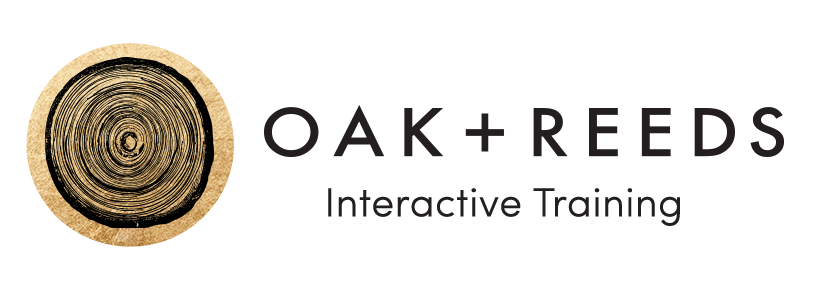In today's work landscape, hybrid teams are the new norm. This evolution brings challenges in brainstorming techniques, especially when aiming for maximum creativity. As people managers navigate this terrain, integrating diverse idea generation techniques becomes crucial. Here's how to boost creative brainstorming in hybrid settings:
In the evolving domain of management, feedback emerges as a potent tool for leaders and teams. But it's not just about giving feedback; it's about doing it right. Here's why feedback is vital for people managers and best practices to ensure it's effective.
Among team collaboration best practices, one technique stands out: the "Yes, And" method. Originating from improv comedy, it has seamlessly transitioned into team collaboration workshops, proving its weight in gold. Here’s why it's an indispensable strategy for those wondering how to collaborate effectively, especially in remote settings.
Time flies. Here we are, with only 15 weeks left to wrap up the year. As the adage goes, "The best time to plant a tree was 20 years ago. The second best time is now." While you can't turn back the hands of time, you can make sure the remaining weeks are fruitful, impactful, and set the stage for an even more dynamic year ahead.
Oak and Reeds now offers whisper courses as a supplement to our live, virtual instructor-led workshops. This new content offers bite-sized learning units (sent via email) to help learners digest content over time. All of these courses are customizable and can be tailored to your organization’s specific learning needs.
“Sticky” learning, or microlearning, is an educational approach that offers bite-sized learning units to help learners achieve a goal. An example of sticky learning is whisper courses. These are a series of emails with a simple suggestion, or 'whisper,' for learners to apply new theories to everyday interactions like feedback 1:1’s or team meetings.
In the 1880s, a German psychologist named Hermann Ebbinghaus, launched a study on human memory. He developed a theory called the Ebbinghaus Forgetting Curve, which illustrates the rate at which people forget new information.




The idea of AI agents making their way into the workforce has been heavily discussed in the news, industry and every HR and leadership conference I’ve spoken at over the last few months.
As a speaker and facilitator, the topic I’m curious about is how should people managers approach the idea of managing and leading hybrid teams of humans and trained AI agents?